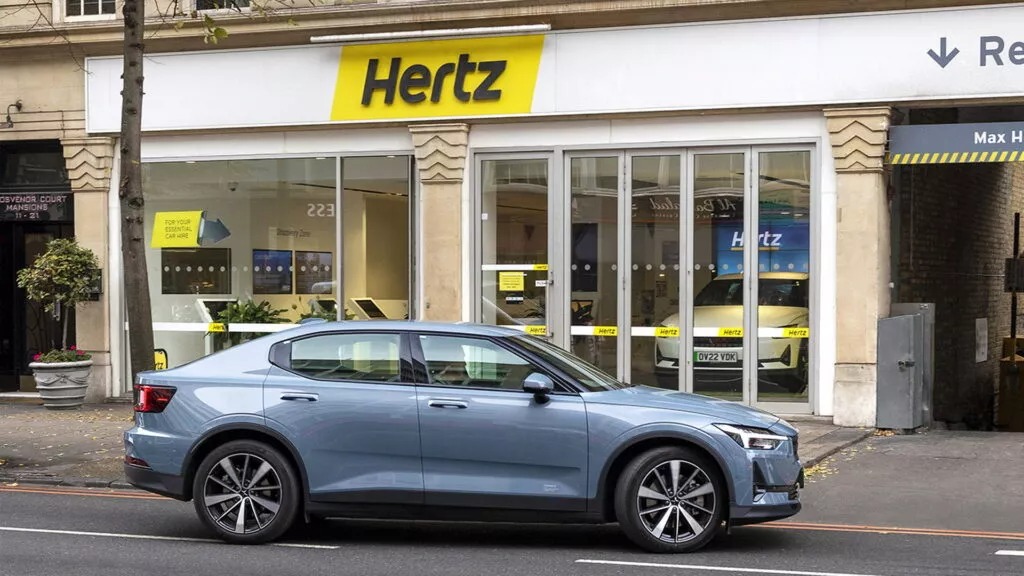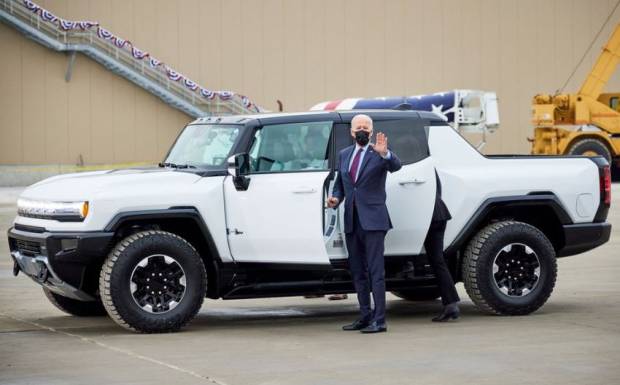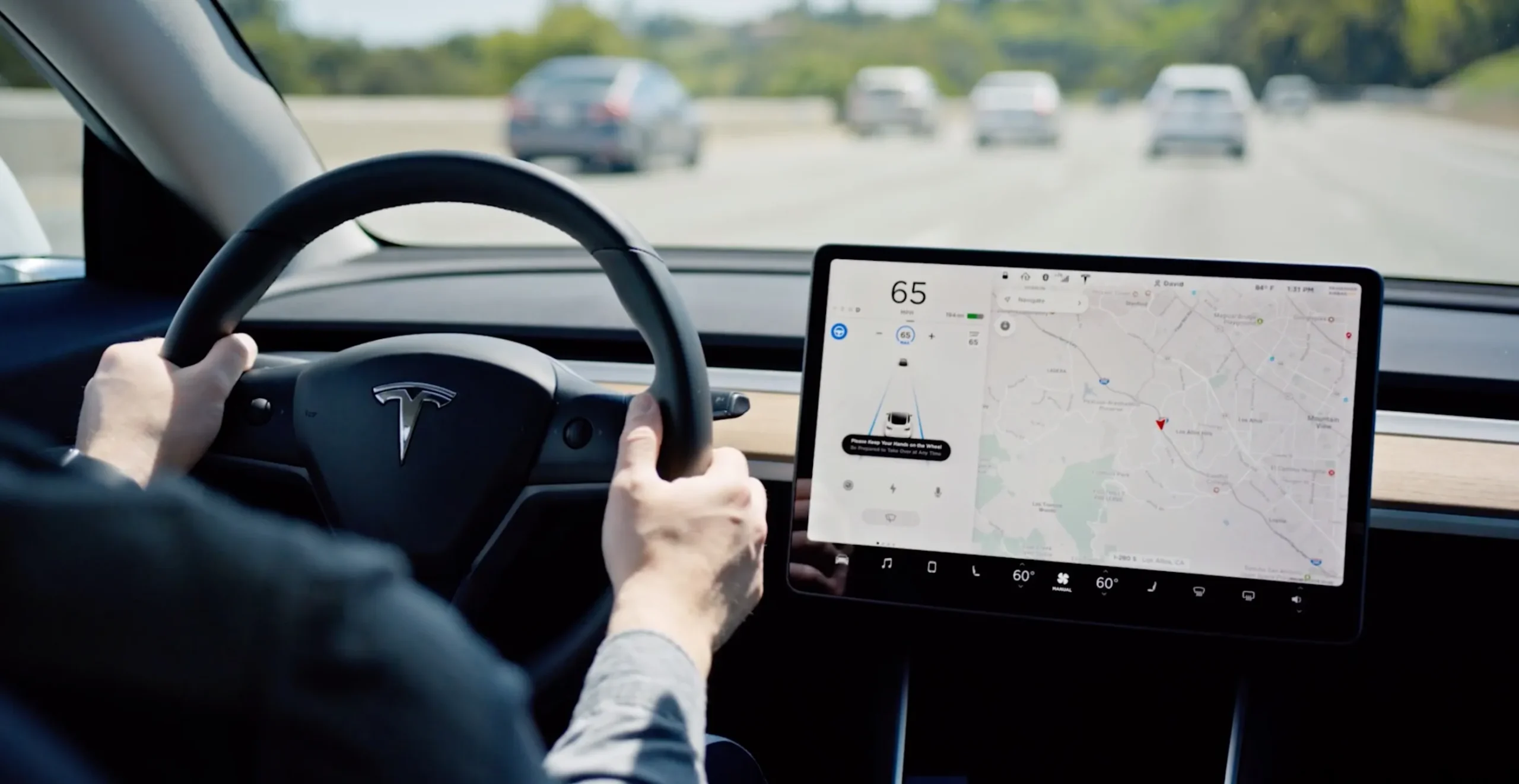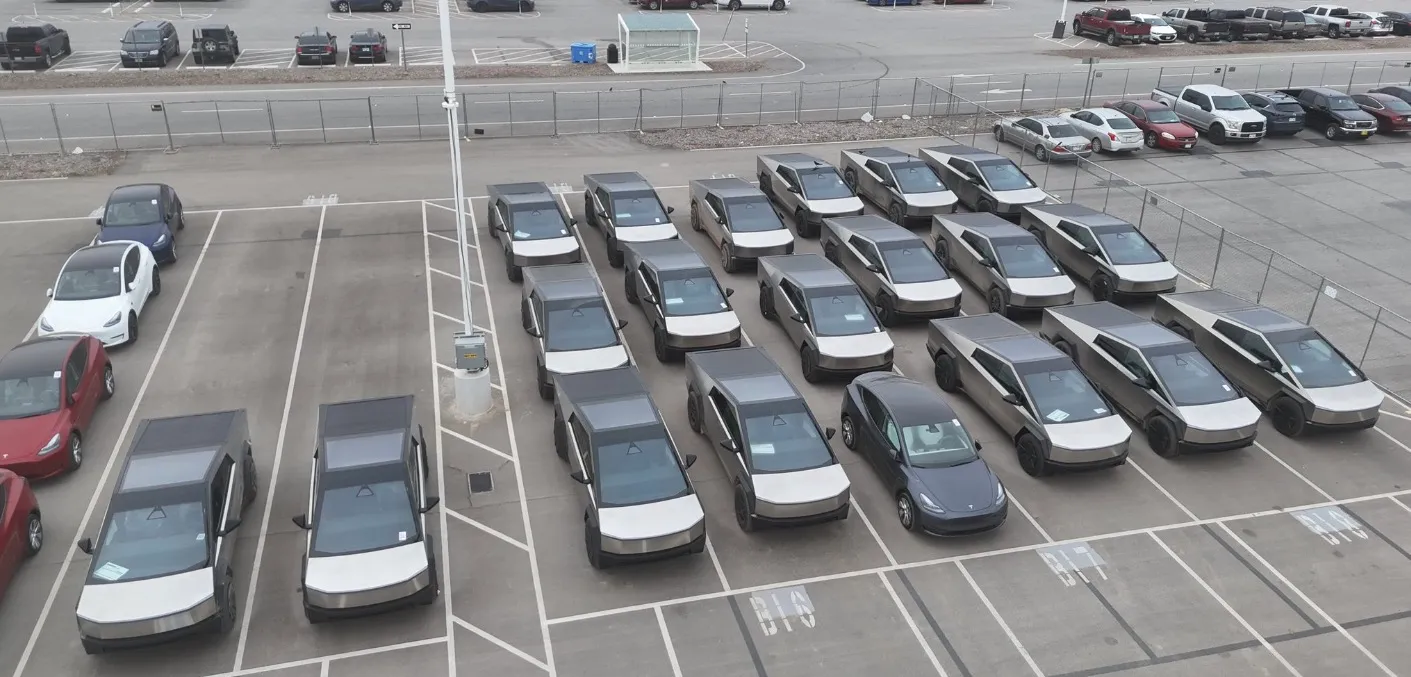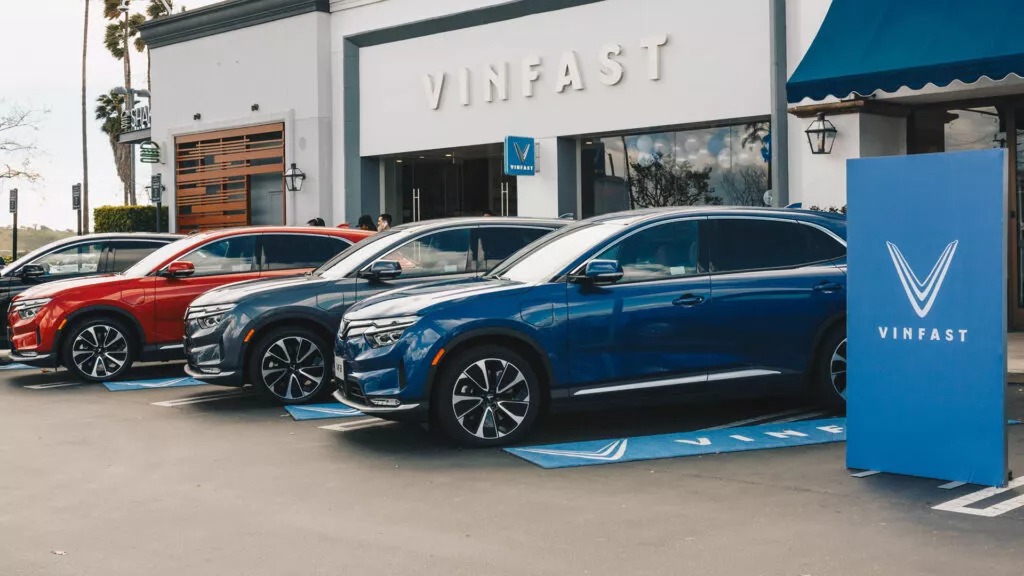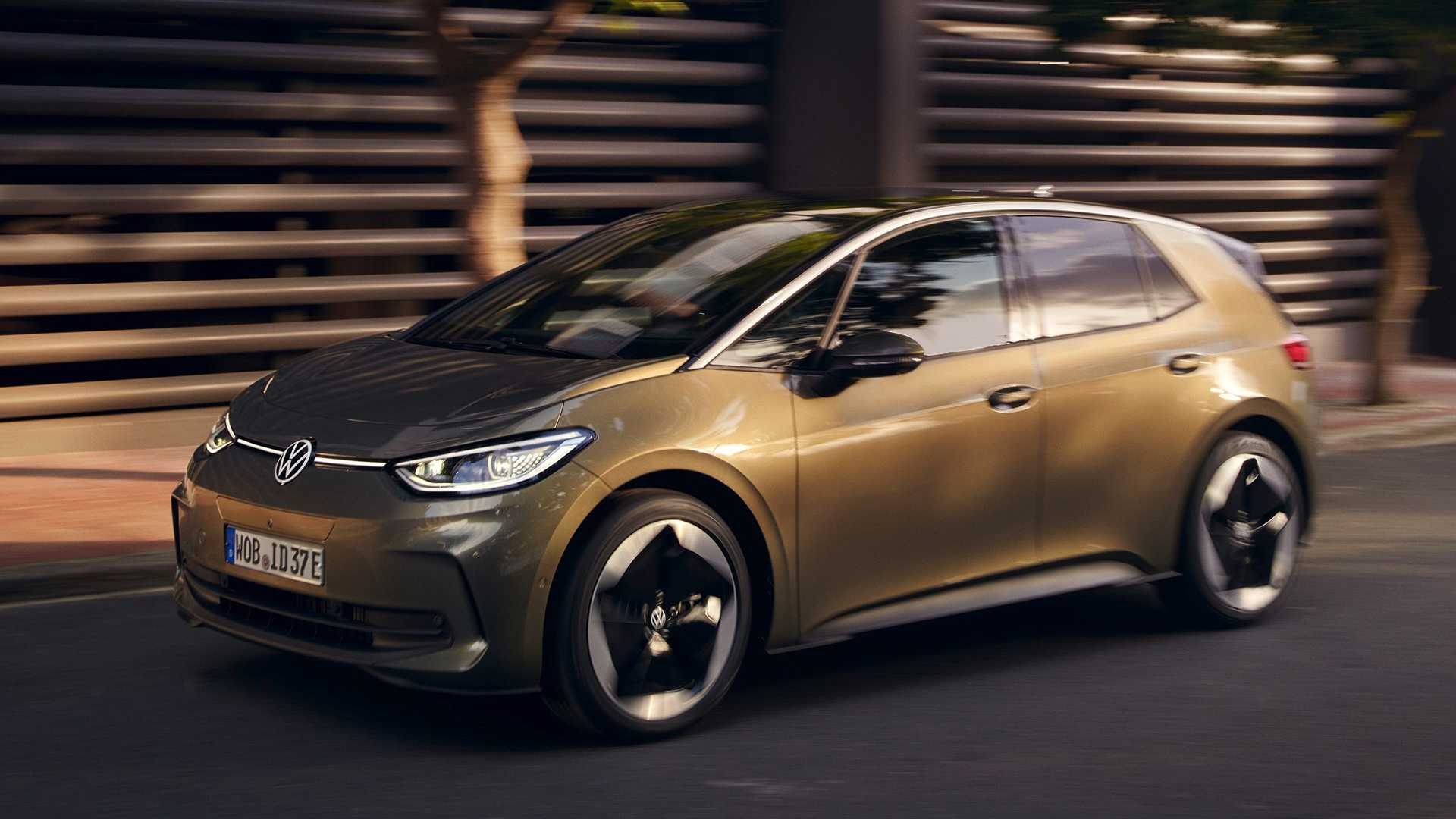Biden Administration has introduced updated travel guidelines for federal government employees. The directive emphasizes the use of “sustainable transportation for official and local travel, both domestically and internationally.”
This development carries significance, given that the government is the largest employer in the United States and allocates approximately $2.8 billion annually for business travel. The White House revealed that in 2022 alone, government employees took over 2.8 million flights and rented 2.3 million vehicles.
See also: Ohio Inaugurates First EV Charging Station Under President Biden’s Infrastructure Plan
Of particular note, the guidelines recommend a preference for electric vehicles (EVs) when renting vehicles. Federal employees are urged to choose an EV for official travel if the cost is equal to or less than the most affordable comparable non-electric vehicle. Additionally, employees are encouraged to opt for cost-competitive EV options when using taxis and ride-share platforms, aiming to both save taxpayer money and reduce environmental impact.
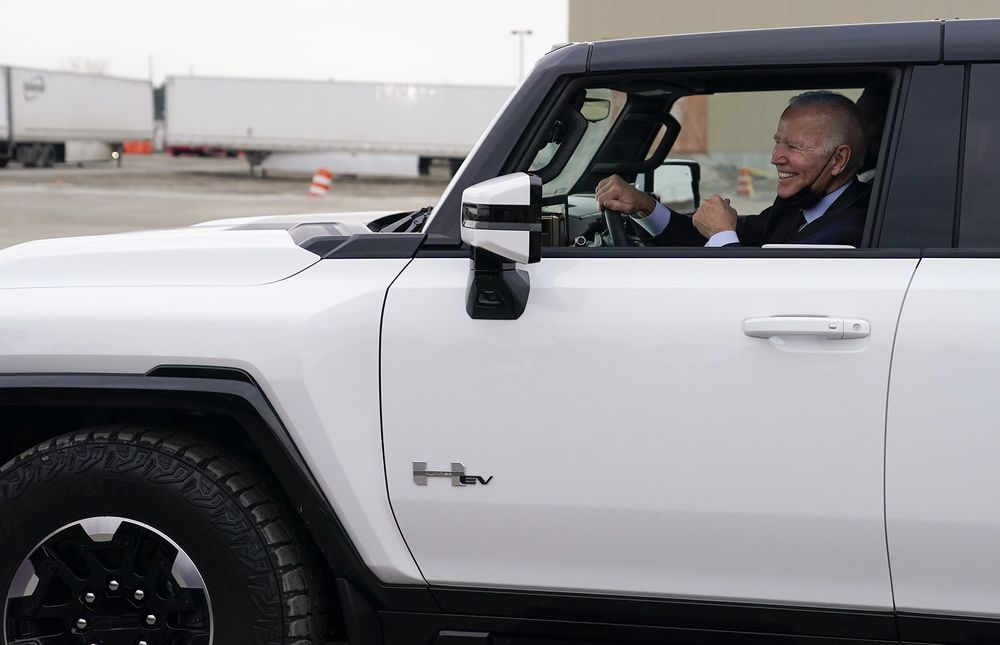
For medium-distance trips under 250 miles (402 km), federal employees are advised to prioritize rail travel over planes or cars, provided trains are cost-effective and available.
The government is also urging employees to utilize public transportation for local travel or upon arrival at the travel destination, favoring buses or subways over taxis and ride-sharing services.
See also: China Objects to Biden Administration’s Inflation Reduction Act, Alleges Violation of WTO Rules
Implementation of these measures will not be immediate, as federal agencies are given a 120-day window to communicate their plans for adopting the new policy to the Office of Management and Budget and the White House Council on Environmental Quality.
The White House asserts that these initiatives will contribute to accelerating the transition to cleaner transportation, fostering job creation, and promoting healthier communities. Notably, commitments from Enterprise and Hertz to expand their electric vehicle fleets have been highlighted, along with plans from BP Pulse and EVgo to significantly increase the availability of fast-charging infrastructure. Additionally, Marriott and IHG Hotels & Resorts have pledged to augment the number of electric vehicle chargers at their establishments.
